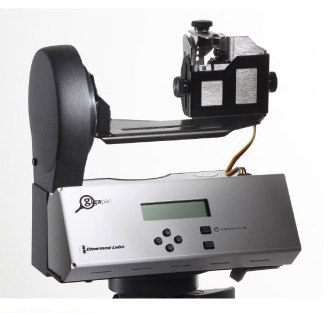Buying a Canon 5D Mark II, with lens? Buy it in Canada and save $250
Submitted by brad on Tue, 2009-01-13 20:58I just got my new Canon 5D Mark II. (Let me know if you want to buy some of my old gear, see below...) This camera is creating a lot of attention because of several ground-breaking features. First, it's 22MP full-frame. Second, it shoots at up to 25,600 ISO -- 8 stops faster than the 100 ISO that was standard not so long ago, and is still the approximate speed of typical P&S today. It's grainy at that speed (though makes a perfectly good shot for web display) and it's really not very grainy at all at 3200 ISO.




